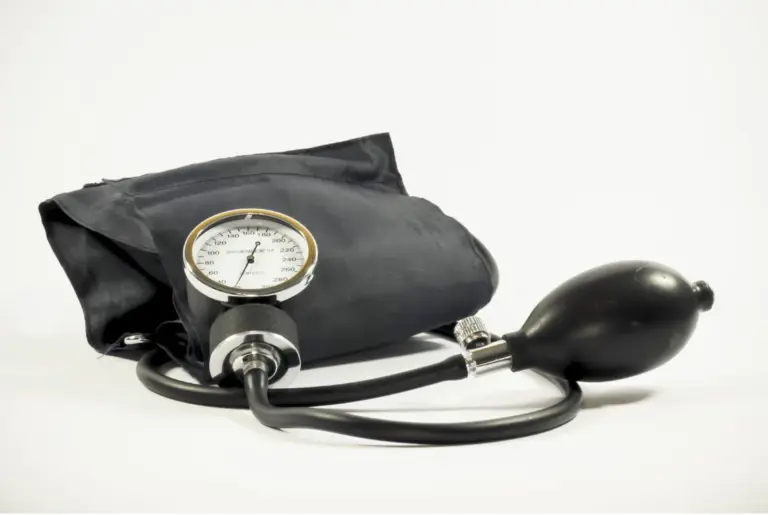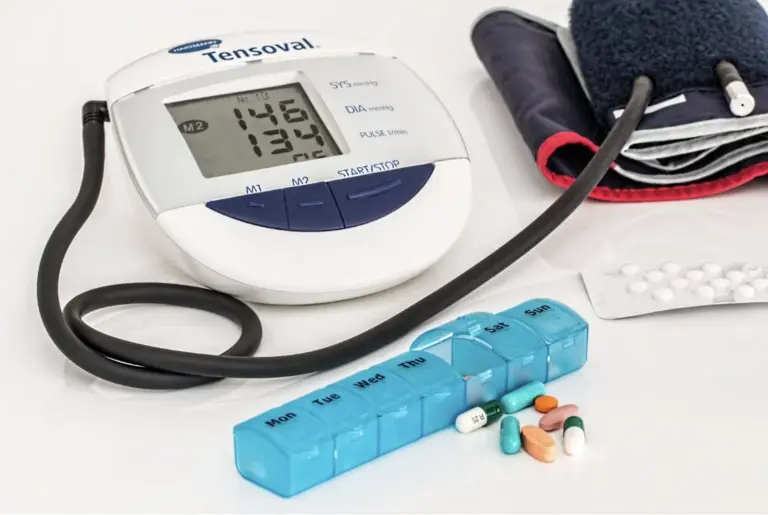High blood pressure has become increasingly common across all age groups. Research has shown that consuming fish rich in Omega-3 fatty acids, such as mackerel, salmon, sardines and tuna, have shown to have beneficial effects on cardiovascular health. Let’s further explore the relationship between fish and high blood pressure.
Nutritional Benefits of Fish
Fish is packed with protein, vitamins, and nutrients that can lower blood pressure and help reduce the risk of heart attack or stroke. It is a vital source of Omega-3 fatty acids, which are essential for heart and brain health. Additionally, fish provides important vitamins such as Vit D and B2, calcium, phosphorus, and minerals like iron, zinc, magnesium and potassium.
Studies and Research on Fish Consumption and Blood Pressure
A study published by the American Heart Association found that consuming about 3 grams of Omega-3 fatty acids daily can lead to modest reductions in both systolic and diastolic blood pressure. Specifically, people with high blood pressure experienced more significant reductions when consuming this amount of Omega-3s, highlighting the potential benefits of fish for high blood pressure.
It is also noted by Mayo Clinic that consuming fish, rather than just taking supplements, provides additional nutrients that contribute to heart health, making it a more effective approach to lowering blood pressure and protecting against cardiovascular diseases like high blood pressure.
Scientific Evidence
Numerous studies have demonstrated the positive impact of fish consumption on blood pressure. For instance:
A study published in the American Journal of Hypertension discovered that individuals who regularly consumed fish high in Omega-3 fatty acids had significantly lower blood pressure compared to those who did not. The findings highlight the cardiovascular benefits of including Omega-3 rich fish in one’s diet.
Moreover, a study in the Journal of Nutrition reported that Omega-3 supplements could lead to modest reductions in blood pressure, particularly in individuals with high blood pressure. These results indicate the effectiveness of both dietary intake and supplementation of Omega-3 fatty acids towards hypertension.
Types of Fish
Fatty fish is an excellent source for Omega-3 fats, making it essential for managing blood pressure. Some good options are salmon, trout, sardine, herring, canned mackerel, canned light tuna, and oysters. While selecting the best fish for high blood pressure, it is necessary to consider the possibility of environmental contaminants.
Fish Consumption Guidelines for Managing High Blood Pressure
To effectively incorporate fish into your diet, consider the following guidelines:
Opt for fatty fish
- Types: Salmon, mackerel, sardines, trout and herring
- Benefits: High in Omega-3 fatty acids that promotes heart health by lowering blood pressure
Frequency and serving size
- Recommendation: Consume 2 servings of fatty fish per week
- Serving size: Approximately 3.5 ounces (100 grams) of cooked fish per serving
Preparation Methods
- Healthy cooking: Choose backing, grilling, or steaming over frying
- Seasoning: Use herbs and spices instead of heavy sauces and salt
Check for Contaminants
- Refer to FDA and EPA guidelines for safe fish consumption
Summary
Fish and high blood pressure can be positively managed through the consumption of Omega-3 fatty acids, abundant in fatty fish like salmon. Fish also provides essential nutrients and minerals that support cardiovascular health. For optimal blood pressure, incorporate fish into your diet and adhere to FDA guidelines for safe consumption.
Disclaimer
The information contained in this article is to educate, spread awareness in relation to hypertension and other diseases to the public at large. The contents of this article are created and developed by BPinControl.in through its authors, which has necessary, authorisations, license, approvals, permits etc to allow usage of this articles on The Website. The views and opinions expressed in this article are views, opinions of the respective authors and are independently endorsed by doctors. Although great care has been taken in compiling and checking the information in this article, The Website shall not be responsible, or in any way liable for any errors, omissions or inaccuracies in this article whether arising from negligence or otherwise, or for any consequences arising therefrom. The content of this article is not a substitute for any medical advice. The Website shall not be held responsible or liable for any consequence arising out of reliance on the information provided in the article.




